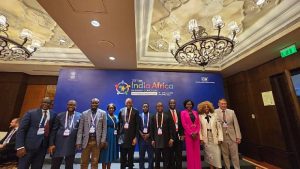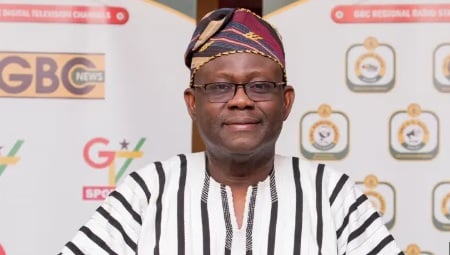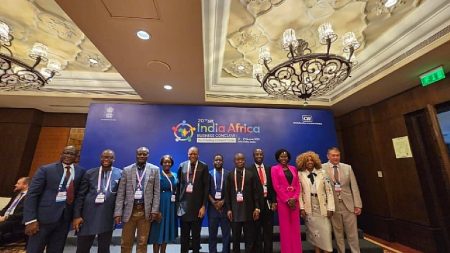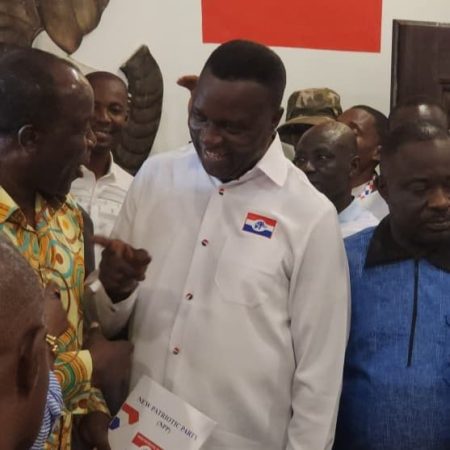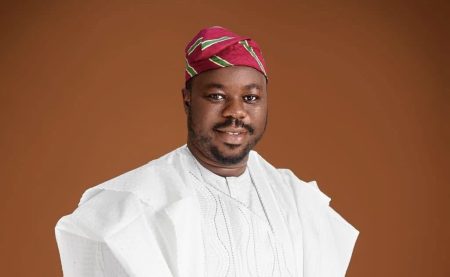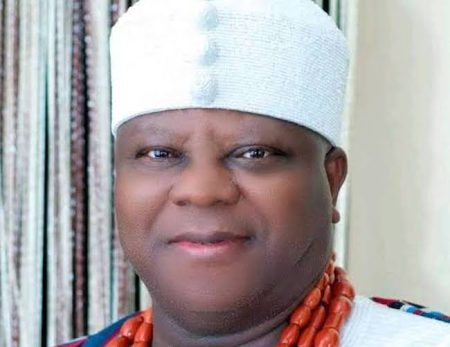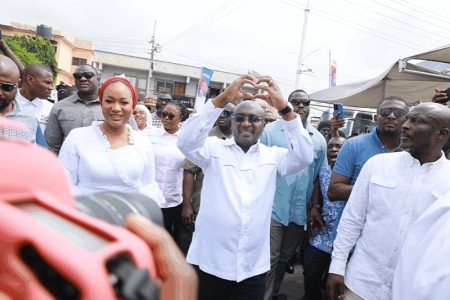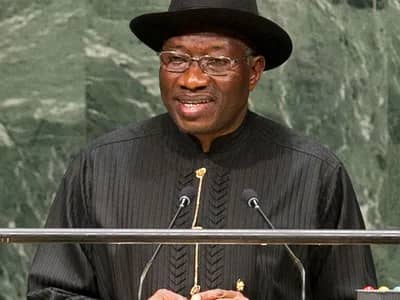The Director-General of the Ghana Broadcasting Corporation (GBC), Professor Amin Alhassan, has found himself embroiled in a contentious dispute with the corporation’s unionized staff, who are demanding his removal from office. The staff, led by Divisional Union Chairman Sam Nat Kevor, have leveled a series of accusations against Prof. Alhassan, alleging mismanagement of the state broadcaster, financial irregularities, questionable contracts, neglect of staff welfare, and stagnation in programming, especially at Uniiq FM. They also point to the suspension of Prof. Alhassan’s salary by the Controller and Accountant-General in March 2025 as further evidence of impropriety, claiming it indicates his contract extension was not properly authorized. However, Prof. Alhassan has vehemently denied these allegations and asserted his position is secure, based on both legal provisions and a valid contract with the National Media Commission (NMC).
Prof. Alhassan’s core argument rests on the premise that the union lacks the authority to dismiss him, a power reserved solely for the NMC, the body legally mandated to appoint and remove the Director-General. He maintains he holds a fully executed four-year contract commencing October 2nd, 2023, directly with the NMC, underscoring the legitimacy of his position. He further emphasizes that both Ghanaian media law and GBC’s internal regulations unequivocally vest the NMC with this power, effectively nullifying the union’s demands. This legal framework, he insists, solidifies his standing as the rightful Director-General and renders the union’s attempts to oust him illegitimate.
The union, however, remains unconvinced, clinging to their allegations of mismanagement and impropriety. They see the suspension of Prof. Alhassan’s salary as a key piece of evidence supporting their claims, suggesting a potential irregularity in the contract extension process. This discrepancy, they argue, further justifies their call for his removal. The union appears to be relying on the principle of accountability and transparency, suggesting that even if the NMC holds the formal power of appointment and dismissal, it should heed their concerns, which they present as reflecting the broader interests of the corporation and its employees.
This standoff between the Director-General and the union exposes a deeper tension within the GBC. On one hand, there is the established legal framework defining the authority and responsibilities of the NMC and the Director-General. On the other, there is the union’s assertion of its role as a representative of the employees, advocating for their welfare and raising concerns about the corporation’s management. The clash highlights the importance of clear communication and transparency in public institutions and the need for robust mechanisms to address grievances and ensure accountability.
The situation also raises questions about the efficacy of internal controls and oversight within GBC. The union’s allegations, if substantiated, point to potential weaknesses in financial management and contractual procedures. The suspension of Prof. Alhassan’s salary, regardless of its eventual resolution, underscores the need for a thorough review of internal processes to prevent similar incidents in the future. This situation presents an opportunity for GBC to strengthen its internal controls, enhance transparency, and build a more robust system of governance.
Ultimately, the resolution of this dispute will likely hinge on the NMC’s intervention. As the legally designated appointing authority, the NMC holds the key to determining Prof. Alhassan’s fate. It will need to carefully consider the union’s allegations, review the relevant legal and contractual documents, and potentially conduct an independent investigation to arrive at a fair and just decision. The NMC’s response will not only determine the leadership of GBC but also set a precedent for how future disputes of this nature are handled within the corporation and perhaps even within other public institutions in Ghana. Its actions will be closely scrutinized by both the employees of GBC and the broader public, as they will reflect on the NMC’s commitment to transparency, accountability, and good governance in the media sector.


